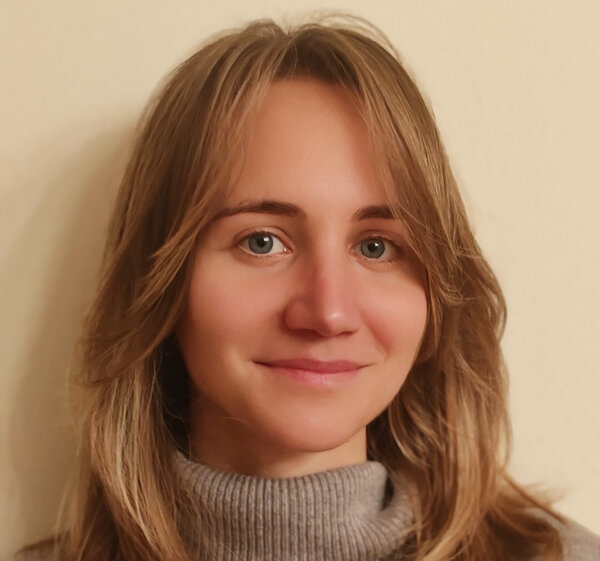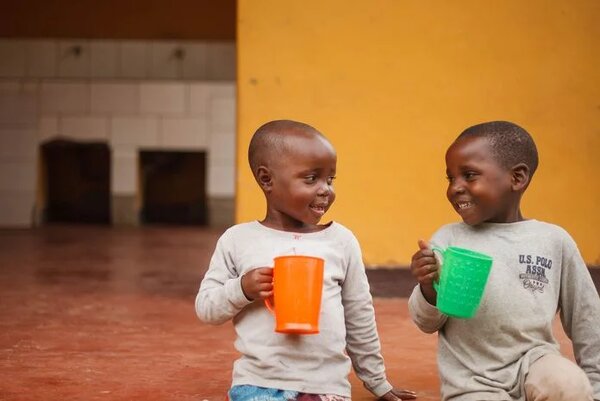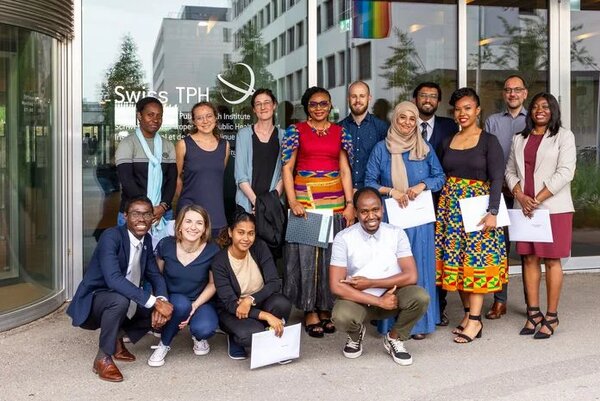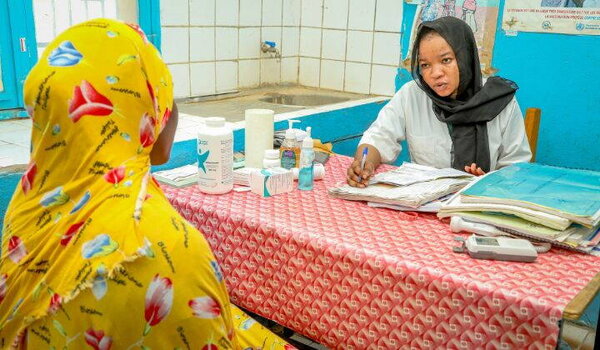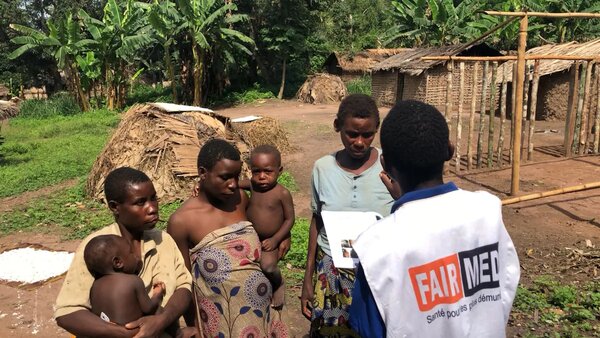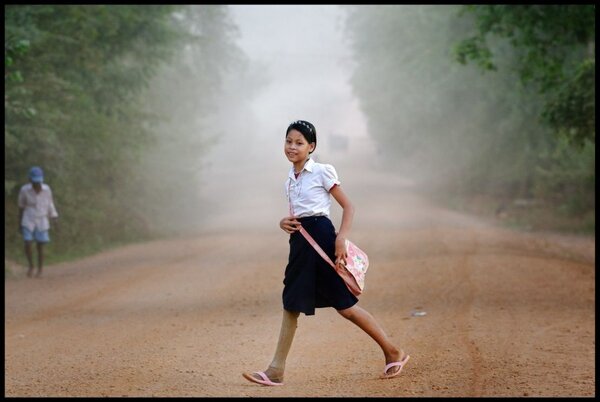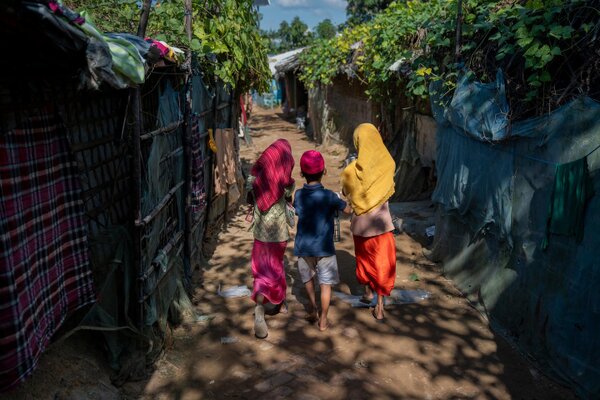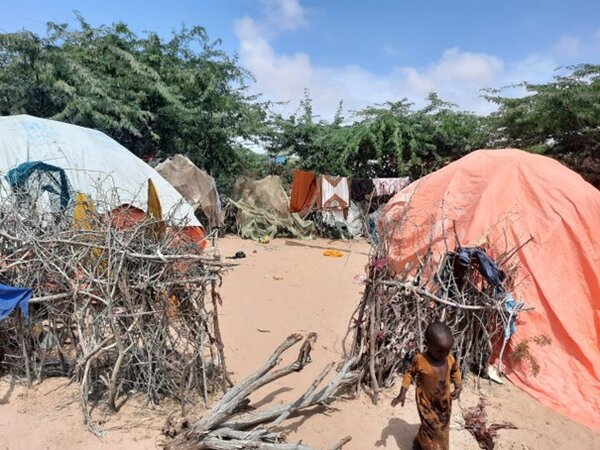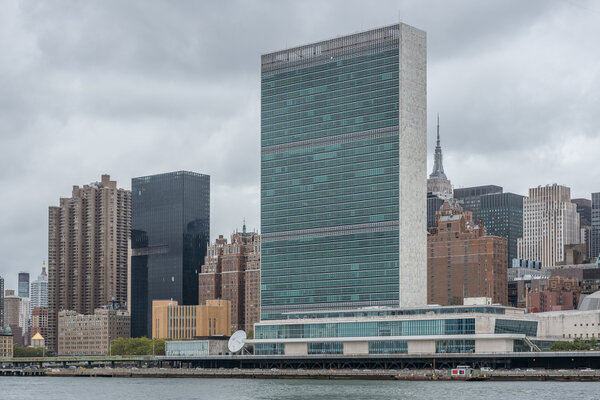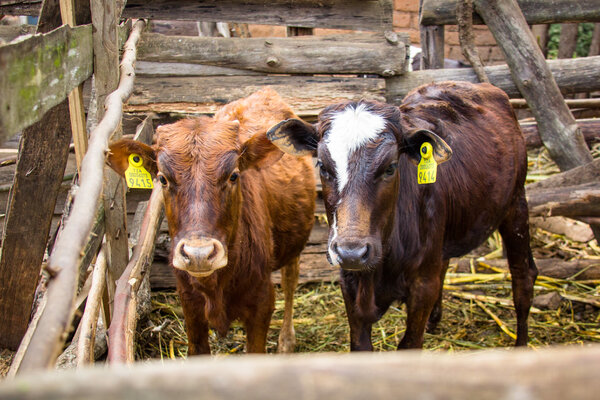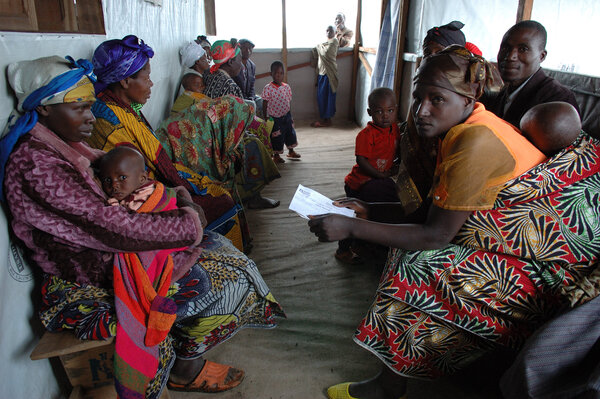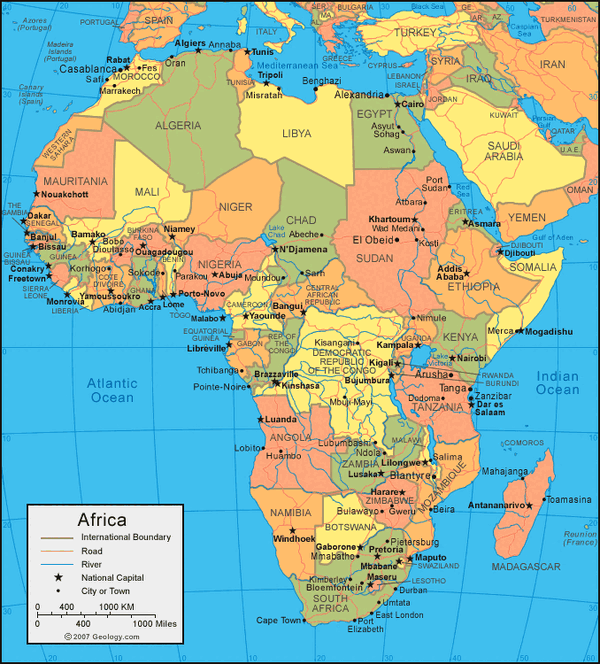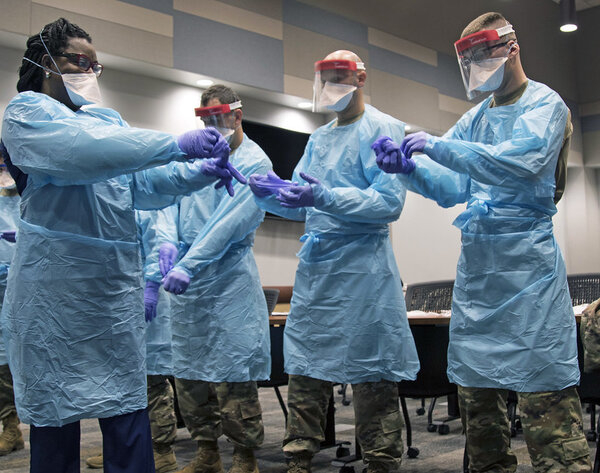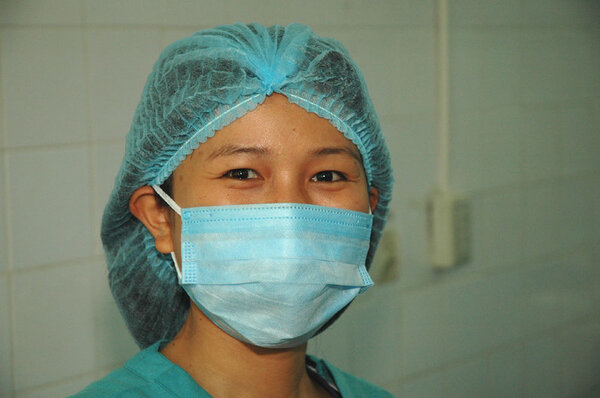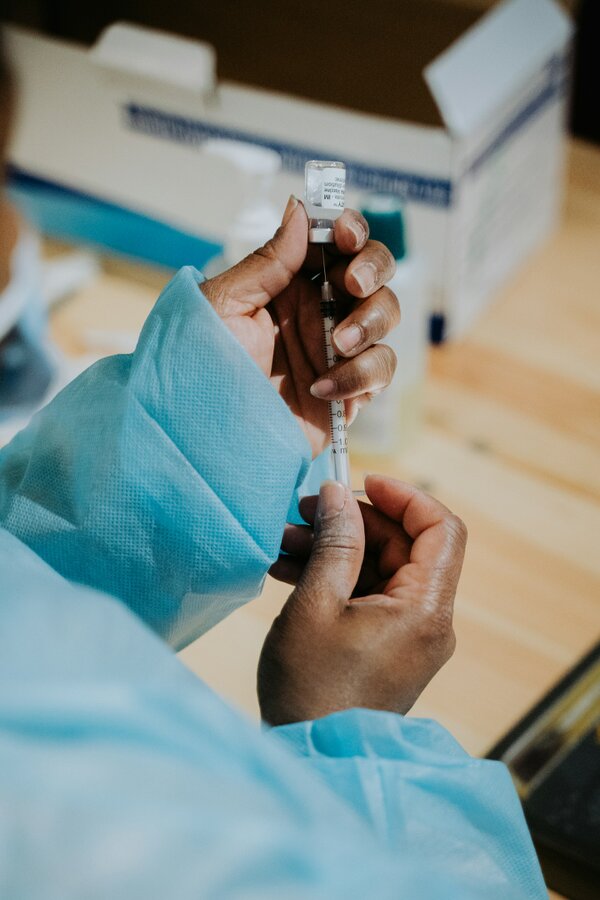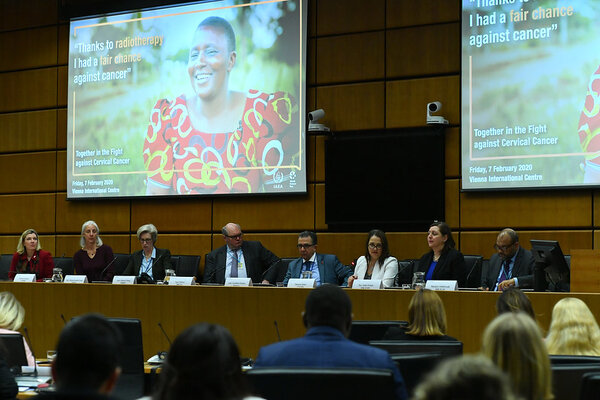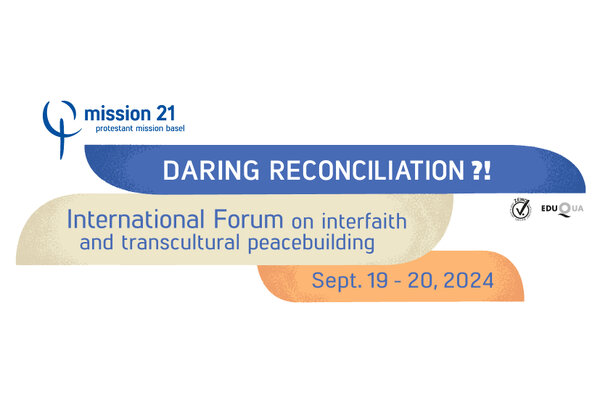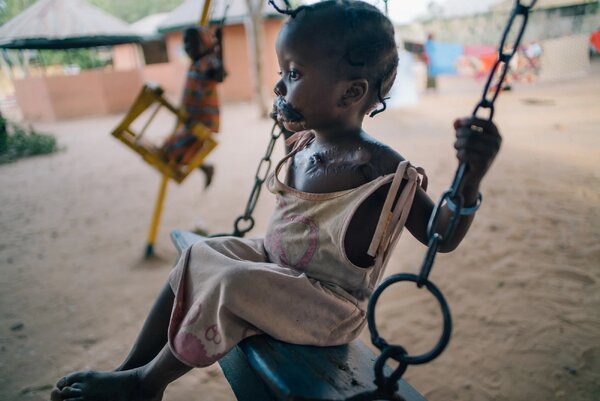Der WHO Europa Bericht «Health and care workforce in Europe: time to act” vor 2 Jahren hat ein starkes Medienecho ausgelöst. Gründe für den Gesundheitspersonalmangel in Westeuropa liegen in der Bevölkerungsalterung und dem damit verbundenen wachsenden Bedarf, unattraktiven Arbeitsbedingungen, ineffizienter Arbeitsorganisation, ungenügenden Investitionen in Ausbildungen und ein Mangel an geschlechtsspezifischen Massnahmen - um nur einige Punkte aus dem Bericht zu nennen. Westeuropäische Länder rekrutieren aktiv Fachkräfte in Osteuropa, Afrika, Asien und Südamerika. Und das ist besorgniserregend.
Länder mit schwächerem Gesundheitssystem als Verlierer
Nach Schätzungen des International Council of Nurses (ICN) fehlten 2019 weltweit 30,9 Millionen Pflegekräfte. Der weltweite Mangel an Gesundheitspersonal führt dazu, dass sich die Länder gegenseitig aktiv und passiv Ärzt:innen und Krankenschwestern und -pfleger abwerben. Die Verlierer dieser Situation sind Länder mit schwächeren Gesundheitssystemen. Diese Länder verlieren nicht nur das Personal, sondern auch die Investitionen, die sie in dessen Ausbildung getätigt haben.
Diese Situation ist extrem besorgniserregend. Bislang war der globale WHO-Verhaltenskodex zur Rekrutierung von Gesundheitspersonal ein auf freiwilliger Basis beruhendes Dokument. Er müsste dringend verschärft und verbindliche Regelungen auf internationaler Ebene eingeführt werden.
Verschärfung des WHO-Kodexes?
Am diesjährigen MMS Symposium gehen wir der weltweiten Krise des Gesundheitspersonalmangels auf den Grund und diskutieren mögliche Wege aus dieser Krise: Wir wollen verstehen, was die aktuelle Abwanderung und Abwerbung von Arbeitskräften für die Gesundheitssysteme und die Gesundheit im globalen Süden und in der Schweiz bedeutet. Und wir wollen lernen, wie die Akteur:innen der internationalen Gesundheitszusammenarbeit auf die aktuelle Dynamik reagieren können.
Wie jedes Jahr bereichern namhafte Expert:innen diesen Event. Wir freuen uns, Sie am 30. Oktober im Volkshaus Basel begrüssen zu dürfen.
Carine Weiss
Netzwerk Medicus Mundi Schweiz
E-Mail



